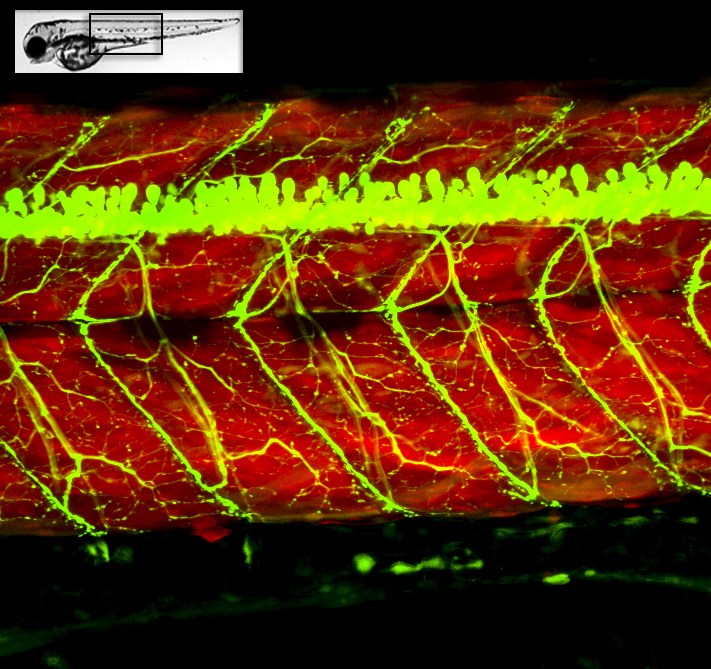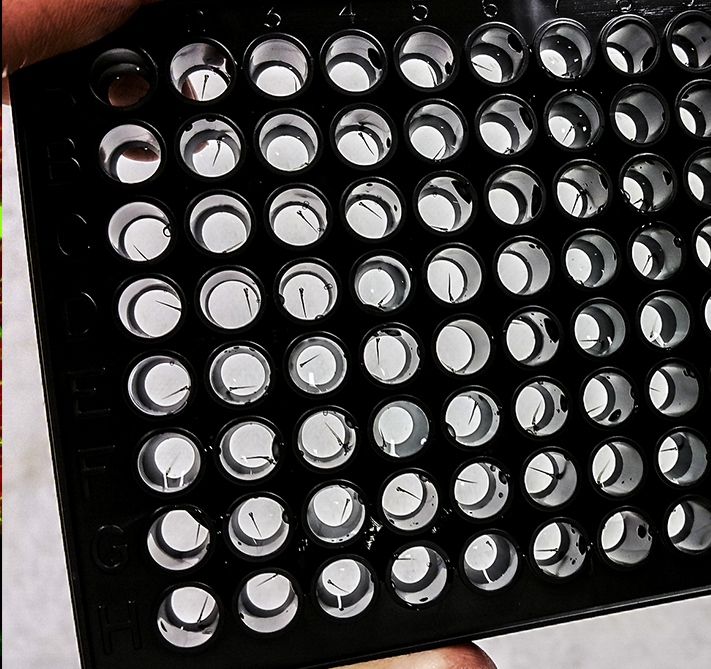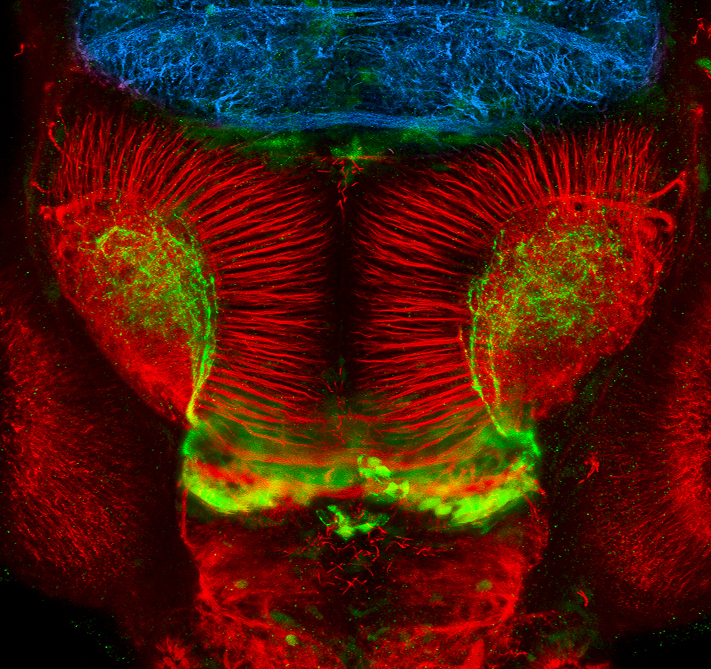-
Welcome to the Giacomotto's lab
-
Phenotypic screening
READ MOREOur group uses Drug discovery and Chemical genetics to both better understand human diseases and find treatments for patients.
-
zebrafish neuromuscular system
READ MOREThe zebrafish is an excellent animal model to study the nervous and neuromuscular system as well as to replicate human disorders such as Motor Neuron Diseases (MNDs) or neurological diseases.
-
Genome editing and Disease modeling
READ MOREOur group excels in the use of state-of-the-art genome editing tools such as CRISPR/Cas9 and transgenic gene silencing technologies. We use them in routine to manipulate genes involved in human disorders in order to generate models for research and drug discovery.
About Our Research Group
Our group is based at Griffith Institute for Drug Discovery (GRIDD) and Discovery Biology at Griffith University (Brisbane, Australia). We are working on developing innovative approaches to better understand human diseases and find bioactive compounds with therapeutic potential. Our ultimate goal is to define and develop the therapeutics of tomorrow


Modelling neurological diseases and neurodegeneration.
Using state-of-the-art genetic approaches (e.g. CRISPR/Cas9), we are working at generating zebrafish models of human diseases (with a special focus on neurological disorders, Moto Neuron Diseases...). We then use those models to understand and find treatment for patients.
read more
Zebrafishing for novel bioactive molecules and therapeutics.
Whilst most of the current drugs are derived from nature, many more bioactive molecules have still to be discovered. To help speed up discovery, we are developing innovative screening approaches and automated assays to find the drugs of tomorrow.
read more
Unveiling the pathogenic role of neurexins in neurological disorders.
We have developed a variety of mutants opening new ways of research to study the role of the neurexin gene family in the brain. This research should help to better understand the underlying mechanisms involved in diseases such as schizophrenia and autism.
read more
Service and Collaborations. Toxicity, Bioactivity and Genetic profiling.
Thanks to our drug discovery and genetic platforms, we can provide quick toxicity and bioactivity profiles of any molecule of choice. We can also manipulate your gene-of-interest to provide rapid feedbacks on its function or pathogenicity.
read moreHere a quick snapshot of Dr Giacomotto research and laboratory located at the Griffith Research Institute for Drug Discovery (GRIDD) and Discovery Biology (Griffith University, School of Environment and Science).
Quick video presenting the interest of the zebrafish animal model for both medical research and drug discovery. Please give credit to the Giacomotto’s LAB if you use this video or some part of it. ©Giacomotto’s LAB
Here, a quick video illustration of the zebrafish neuromuscular system. Thanks to its transparency, this animal is a brilliant model to study human diseases and affected cells or tissues. ©Giacomotto’s LAB
We have developed zebrafish models presenting progressive loss of motor function secondary to motor neuron degeneration. We are using those unique research models to study the underlying mechanisms responsible for abnormal cell death.
The zebrafish is a fantastic animal to study early development and diseases. It is transparent and develops quickly with organs similar to human. One can easily track cells or tissues involved in specific diseases to better understand the underlying pathogenic mechanisms.
Quick animation presenting the whole nervous system, striated muscle fibres, and mitochondria in an alive zebrafish.
©Giacomotto’s LAB
Quick video presentation of our projects focusing on motor neuron diseases (MNDs).
Now hosted at Griffith Research Institute for Drug Discovery (GRIDD) and Discovery Biology (Griffith University).
A 10 minute talk presenting the power of phenotypic screening and chemical genetics (extract from a 2017 seminar).
